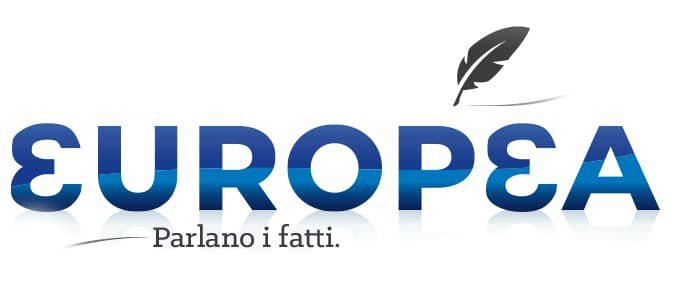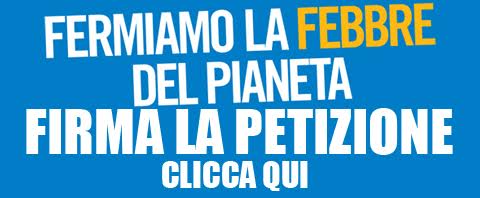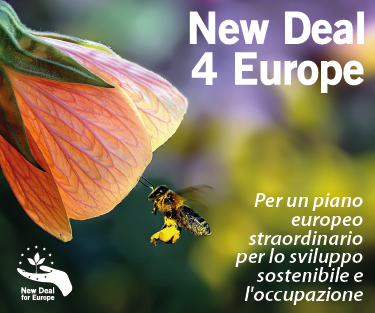Last June 23, Venezuela lost for the first time in years, the vote at the Organization of American States (OAS) regarding an eventual application of the Democratic Chart.
The OAS General Secretary, Mr. Luis Almagro, holds that in Venezuela there is "an alteration to the constitutional order which is seriously affecting the democratic order". On the other hand, the government of Nicolas Maduro finds that such assertion is a clear and simple intereference to the national sovereign affairs: it is a "coup-de-etat".
The debate on the Democratic Chart was adjourned without a new date for resuming discussions on the agenda. Argentina has proposed the creation of the "OAS Group of Friends", supported by Almagro as a way for furthering dialogue in Venezuela. Such space is being spearheaded by three former presidents, sponsored by the Union of South American Nations (Unasur).
The lion cannot protect himself from traps, and the fox cannot defend himself from wolves. One must therefore be a fox to recognize traps, and a lion to frighten wolves. (Niccolo Machiavelli 1469 – 1527)
Machiavelli asserted that politics has no relation to morals. Undoubtedly the people of Venezuela think differently and the International Community is exerting pressure. Will Maduro have much time left in power?
Illegitimate deprivation of liberty for civilians and political leaders who are not akin to the government, speech monopoly imposed upon the media, fall of the oil price, scarcity of basic products and a deep economic crisis, are only some of the triggers that have generated a crack in trust levels which are necessary to govern a nation.
In Brazil the scandals of corruption and the deep deterioration of the economy have ousted a president who had been democratically elected. Venezuela is currently undergoing one of its worst moments in history. It is not about a mere popular discontent anymore. The Democratic order itself is at stake.
The Inter-American Democratic Chart dated September 11th, 2001 acknowledges representative democracy as an indispensable element for the stability, peace and development of the region. Therefore, the purposes of the Organization of American States (OAS), includes the principle of non-intervention. Nonetheless, the chart also provides that any alteration or unconstitutional interruption of the democratic order in a state of the hemisphere will constitute an unsurpassable obstacle for the participation of the government of such State in the Organization. Therefore, pursuant to article 3, the following are essential elements of representative democracy: the respect for human rights and fundamental freedoms; access to power and its exercise subject to the state of law; the performance of free, periodic and fair elections, based on universal and secret voting as expression of the people’s sovereignty; the plural regime of political parties and political organizations; and the separation and independence of public powers.
Democracy requires transparency in the government activities, respect for social rights and freedom of expression and press.
Argentina was the protagonist of constant confusion in a river of muddy waters. Some days earlier, president Macri was desperately making a “call to action” while Foreign Relations Minister Malcorra begged to differ by making use of the art of diplomacy: “the problem with Venezuela must be solved by the people of Venezuela themselves, by finding a dialogue mechanism which may allow them to decide how to solve the crisis”. It looked like making use of the Chart was not the solution. Despite of it all, we cannot ignore our condition as a country. We are now presiding the Permanent Council of OAS.
The serious lawsuit filed by the International Community together with the request by General Secretary, Luis Almagro, and the rain of criticism that Argentina had to endure regarding political inactivity, finally led our country to summon an extraordinary meeting. On June 23rd this year, OAS will vote to decide on whether to apply the Democratic Chart to the oil exporting country or otherwise. The applicability of Article 20 is expected which sets forth the following: “In the event of an unconstitutional alteration of the constitutional regime that seriously impairs the democratic order in a member state, any member state or the Secretary General may request the immediate convocation of the Permanent Council to undertake a collective assessment of the situation and to take such decisions as it deems appropriate. The Permanent Council, depending on the situation, may undertake the necessary diplomatic initiatives, including good offices, to foster the restoration of democracy.”
If the Diplomatic means fail and after verifying the interruption of the democratic order, the General Assembly is empowered to suspend Venezuela from exercising its right to participate in OAS. For such purpose, the affirmative vote of two-thirds of the member states is required. The suspension will become effective immediately (Article 21).
It is not just about a simple suspension. A country is taught a lesson and internationally warned by establishing a clear limit to the impunity of the leaders who expect to remain in power under a dictatorial frame by humiliating the unassailable rights of every citizen. Democracy guarantees a socially and politically ordered coexistence, respect for human dignity, freedom, the rights of all and each of its members. Free participation of the inhabitants must be reinforced and deepened.
Freedom dignifies the essence of every man and democracy is the frame for its development. Without democracy, the rights and individual liberties are not exercised, basic human rights are not protected, such as the freedom of speech and the right to protection from the law in a plane of equality, the opportunity to organize and participate fully in the political, economic and cultural life of a society.
Ignoring what is happening in Venezuela and alleging that it is all about a national and sovereign problem would simply mean a validation of what is happening within such country. This is not just about a particular situation. Human lives are at stake and a democratic system is cracking the spirit of OAS.
Not always is diplomacy the right path. Until when will it be used as a “light excuse” to refrain from intervening? The community of values may provoke a change in world views. We have a historic opportunity as a region to make a difference before the ruling indifference.















 Europa in Movimento | Developed by
Europa in Movimento | Developed by